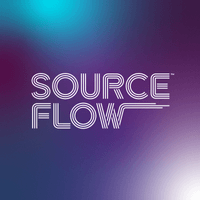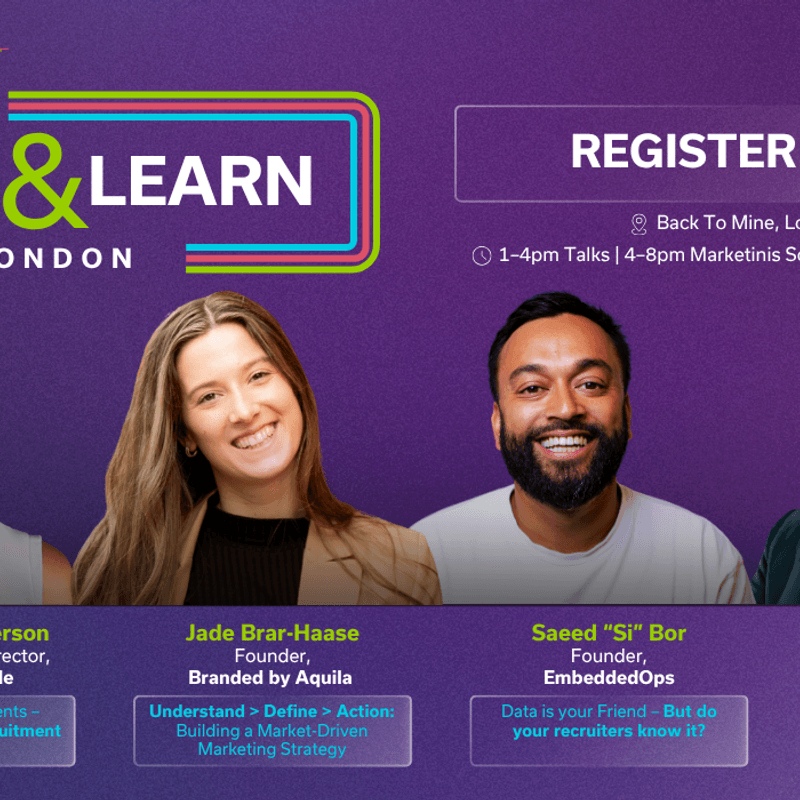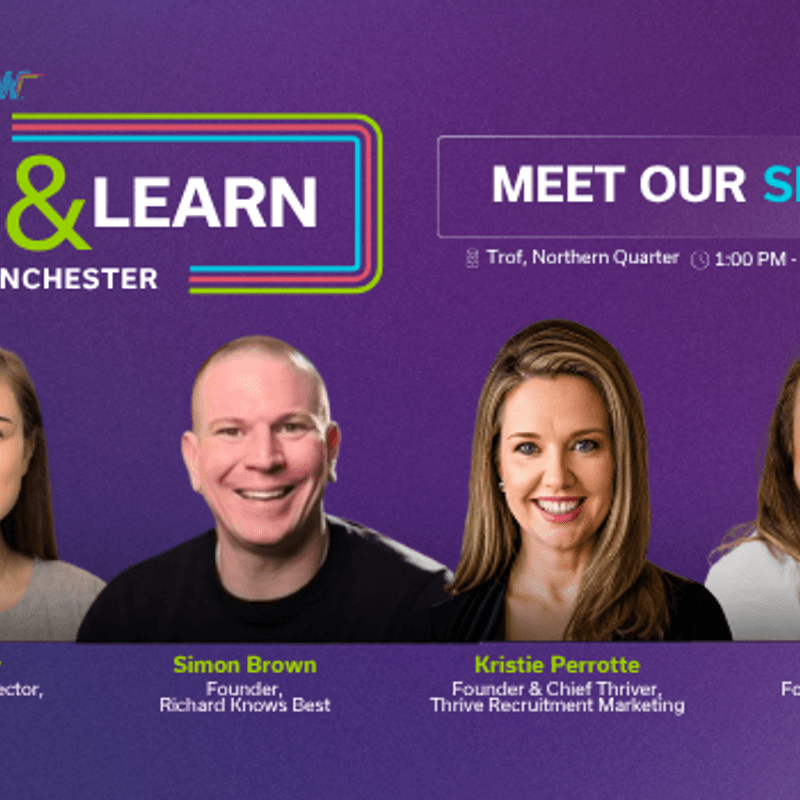
Webinars
Expert Insights
AI And Recruitment: What Staffing Firms Need To Know Before Choosing Tech Tools

Share
Recruitment leaders in the U.S. are under pressure to innovate—but as AI and recruitment trends gain momentum, it’s easy to be distracted by hype. When every vendor claims to offer “smart” tools or “AI-driven” features, how can you tell what’s genuinely useful?
On a recent episode of From The Source, Christian Coley, VP of Sales (USA) at SourceFlow, spoke with Zach Sines, TA Technology Manager at North Highland, about evaluating recruitment technology. Their conversation offered real-world insights for staffing leaders looking to modernize their tech stack, especially when it comes to recruitment AI and building smarter career portal experiences.
Here’s what U.S.-based staffing firms need to consider before saying yes to the next tool promising transformation.
1. Start With a Business Problem—Not a Product Demo
According to Zach, too many staffing firms buy tech based on surface-level features or flashy interfaces. His advice?
“Don’t get distracted by blinking lights. What return is this tool going to give my team?”
Before evaluating a recruitment AI platform, identify the exact problem you're solving. Whether it's automating manual tasks, improving candidate communication, or making your career portal more effective, the solution should align to a real-world business need.
2. Recruitment AI Should Empower—Not Replace—Recruiters
One of the most grounded insights from Zach was this:
“You can't AI-generate a relationship.”
In other words, AI should support human connection—not replace it. While AI is powerful in automating repetitive work (like building Boolean strings, summarizing CVs, or creating job descriptions), it’s not meant to handle the high-emotion, high-stakes nature of candidate conversations.
That’s especially true when someone is navigating a career change through your career portal. Trust and human interaction still matter—and recruitment AI can support those interactions, but not own them.
3. Learn the Tech (So You Can See Through the Pitch)
Zach stressed the importance of technical literacy:
“You need to understand how AI works—so you can ask the right questions.”
Many vendors label basic workflows or decision trees as “AI,” even though they’re rule-based and offer no real intelligence. Staffing leaders should invest time in understanding what large language models (LLMs), machine learning, and natural language processing (NLP) actually do—so they can avoid buying tools that sound smart but offer little ROI.
4. Your Career Portal Matters More Than You Think
It’s not just back-office tools that deserve an AI upgrade. Your career portal is often a candidate’s first interaction with your brand. Using recruitment AI to personalize content, guide the job-seeker journey, and simplify application steps can directly impact conversion rates.
Zach emphasized that every tool in your stack—including your career portal—needs to add value. If it’s just there for show, it’s costing you more than it's worth.
5. Think About Scalability and Partnership
Too often, staffing firms evaluate tools based on what they do on day one—but Zach encourages thinking long-term.
“If I’m paying for this tool today, what will it look like five years from now?”
Can the product grow with you? Can it evolve to support new divisions or client needs? For example, North Highland partnered with SourceFlow to enhance their career portal with referral tracking. That wasn’t part of the original roadmap, but it was built in response to a real business need.
That level of collaboration is what separates a vendor from a technology partner.
6. Don’t Overlook the Human Touch in AI and Recruitment
In a world obsessed with automation, Zach’s core message is refreshing: recruitment is still a people business. Recruitment AI should reduce friction, streamline admin, and enhance outreach—but not eliminate the core human experience that makes recruitment effective.
In short: AI should make humans better, not replace them.
Conclusion: Tech Should Solve Problems—Not Create Them
If you're evaluating AI-powered tools, look past the marketing and focus on:
-
Real business problems being solved
-
How well the tool integrates into your career portal
-
Whether it empowers your recruiters, not replaces them
-
If the vendor is a partner, not just a provider
If you would like the full discussion between Christian and Zach, you can watch it here 👇
---
SourceFlow do WAY more than industry-leading recruitment website design. We build recruitment websites and marketing tools that amplify ROI and provide transparency with state-of-the-art data insights.
Ready to grow
with the Flow?
Whether you want to refresh your recruitment website design or take on several global sites, we have the experience and expertise you need.






